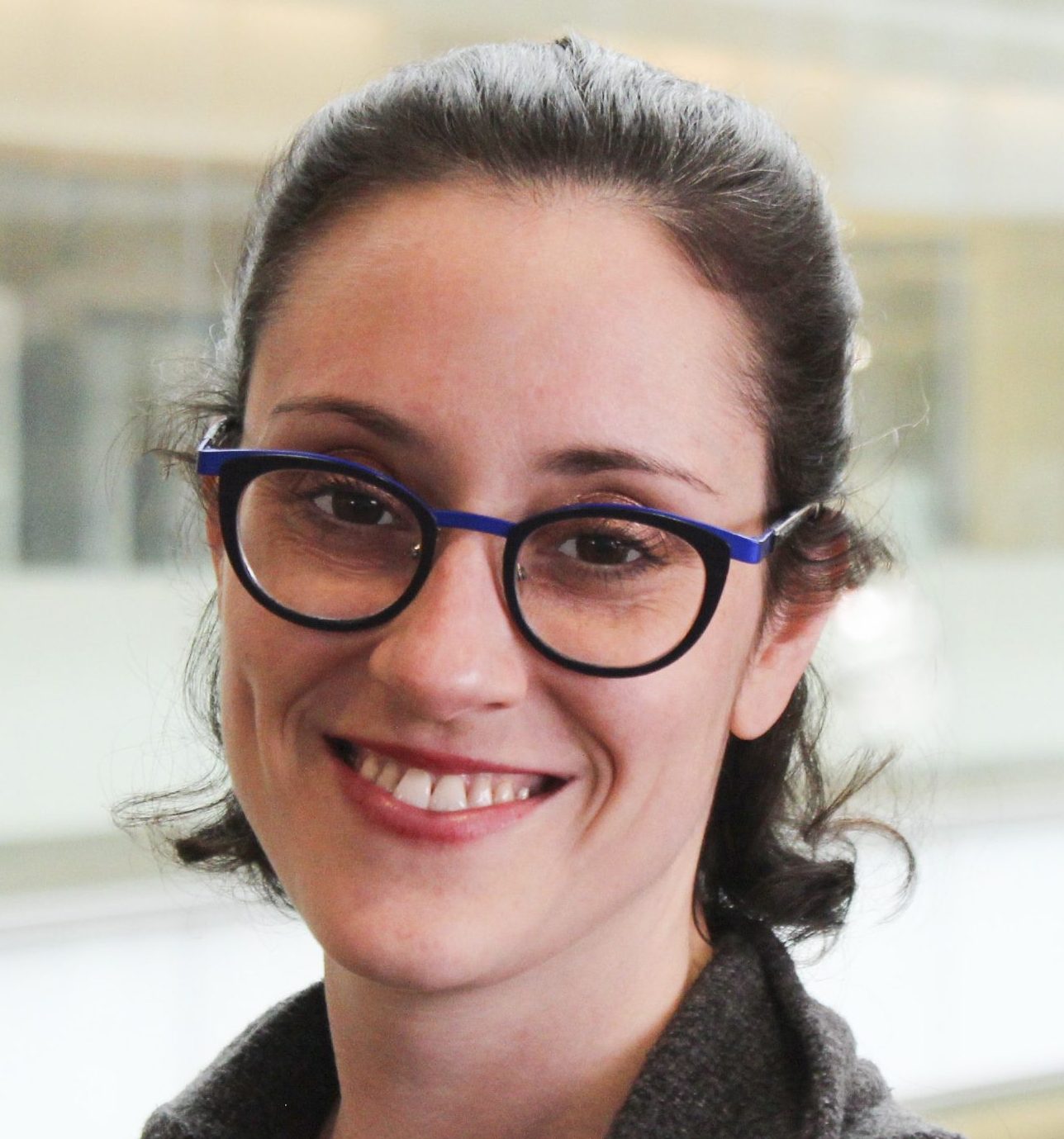 PI Karen Schloss has been promoted to Associate professor with tenure!
PI Karen Schloss has been promoted to Associate professor with tenure!
She is extremely grateful to her students, collaborators, mentors, colleagues, friends, family, and the staff in Psychology and WID for their support in the process.
Go Badgers!
 PI Karen Schloss has been promoted to Associate professor with tenure!
PI Karen Schloss has been promoted to Associate professor with tenure!
She is extremely grateful to her students, collaborators, mentors, colleagues, friends, family, and the staff in Psychology and WID for their support in the process.
Go Badgers!
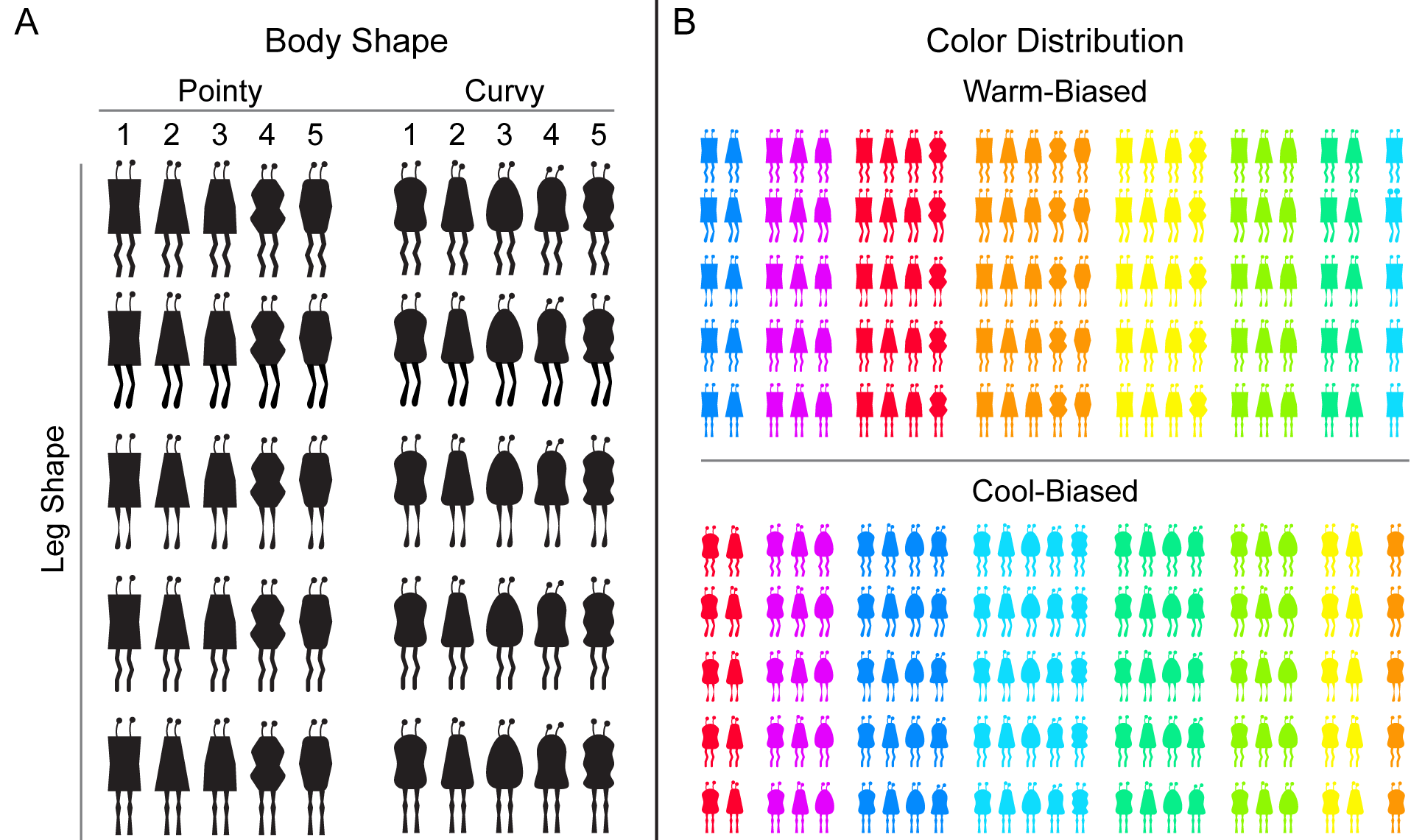
Color-concept associations influence fundamental processes in cognition and perception, including object recognition, color perception, and visual reasoning. To fully understand these effects, it is necessary to understand how color-concept associations are formed. It is assumed that color-concept associations are learned through experiences in the world, but questions remain concerning how association formation is influenced by properties of the input and cognitive factors during input. We addressed these questions by first exposing participants to color-concept co-occurrences for novel concepts (“Filk” and “Slub” alien species) using a category learning task. We then assessed color-concept associations using an association rating task. During alien species category learning, color was a noisy cue and shape was 100% diagnostic of species category membership, so participants could have ignored color to complete the task. Nonetheless, participants learned systematic color-concept associations for “seen” colors during alien category learning and generalized to “unseen” colors as a function of color distance from the seen colors (Experiment 1). Association formation not only depended on color-alien co-occurrences during the alien category learning task, but also depended on cognitive structure of color categories (e.g., degree to which an observed red color is typical of the color category “red”) (Experiment 2). Thus, environmental and cognitive factors combine to influence color-concept associations formed from experiences in the world.
Reference: Schoenlein, M. A. & Schloss, K. B. (2022). Color-concept association formation for novel concepts. Visual Cognition. PDF
 Dr. Anna Bartel graduated with her PhD from the UW-Madison Department of Psychology!
Dr. Anna Bartel graduated with her PhD from the UW-Madison Department of Psychology!
We were honored to have Anna as a member of the lab, and we wish her all the best in her next steps as an Efficacy and Impact Researcher on the Learning and Technology team at WestEd!
Congratulations Anna!
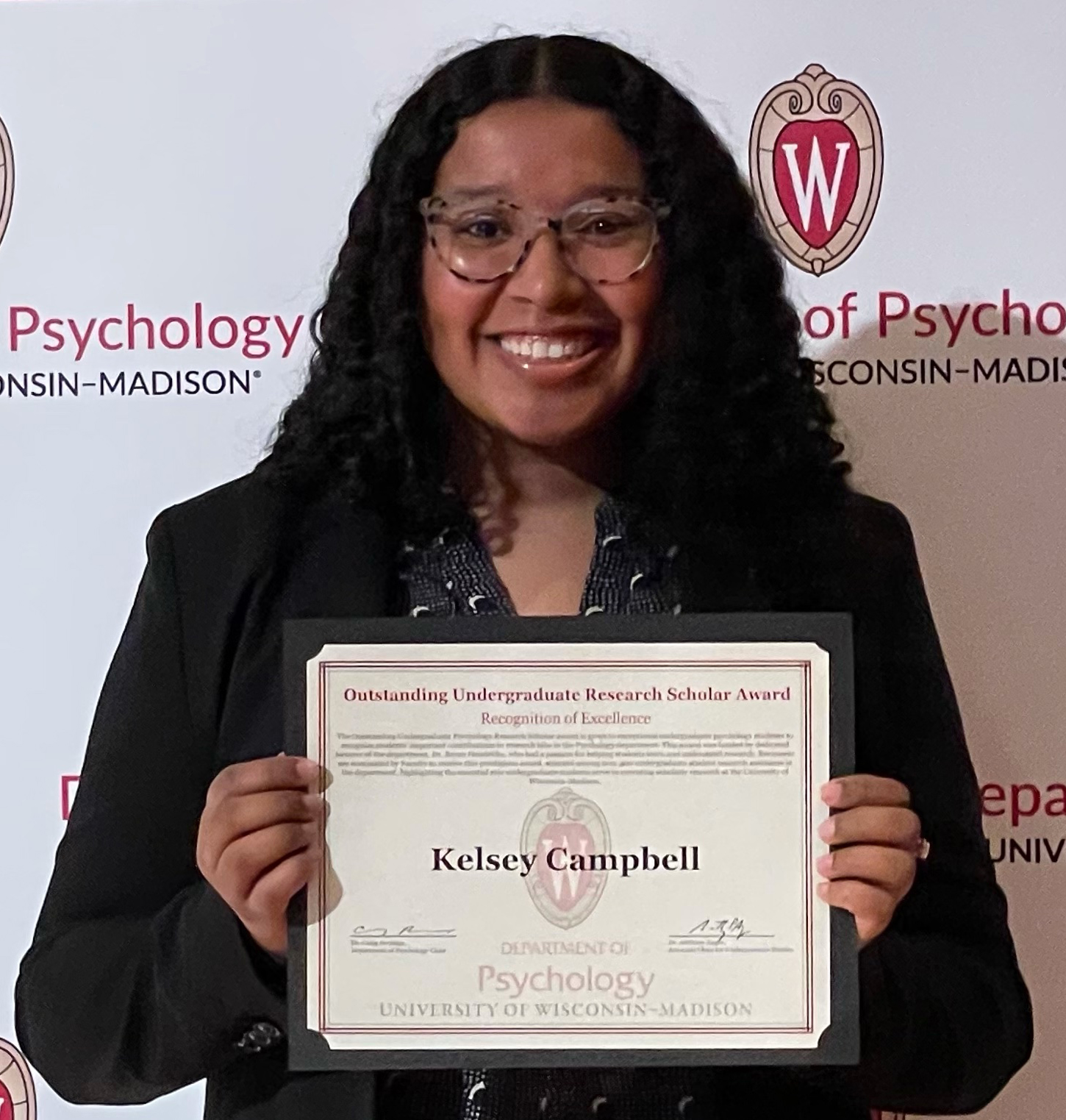 Kelsey Campbell was awarded the Outstanding Undergraduate Research Scholar Award from the Department of Psychology at the University of Wisconsin-Madison.
Kelsey Campbell was awarded the Outstanding Undergraduate Research Scholar Award from the Department of Psychology at the University of Wisconsin-Madison.
This award recognizes outstanding undergraduate Psychology majors for their contribution to research in our department. We thank Kelsey for her outstanding work in our lab!
Congratulations Kelsey, and best of luck with your graduate studies!
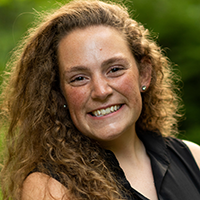 Melissa Schoenlein received a 2022 Elsevier/Vision Research Travel Award to present her work at the Annual Meeting of the Vision Sciences Society.
Melissa Schoenlein received a 2022 Elsevier/Vision Research Travel Award to present her work at the Annual Meeting of the Vision Sciences Society.
Talk title: “Color category boundaries predict generalization of color-concept associations”
Congratulations Melissa!
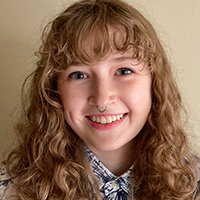 Clementine Zimnicki was awarded a Kenzi Valentyn Vision Research Grant from the McPherson Eye Research Institute at the University of Wisconsin-Madison.
Clementine Zimnicki was awarded a Kenzi Valentyn Vision Research Grant from the McPherson Eye Research Institute at the University of Wisconsin-Madison.
Her project is on understanding factors that influence people’s interpretations of colormap data visualizations. Congrats Clementine!
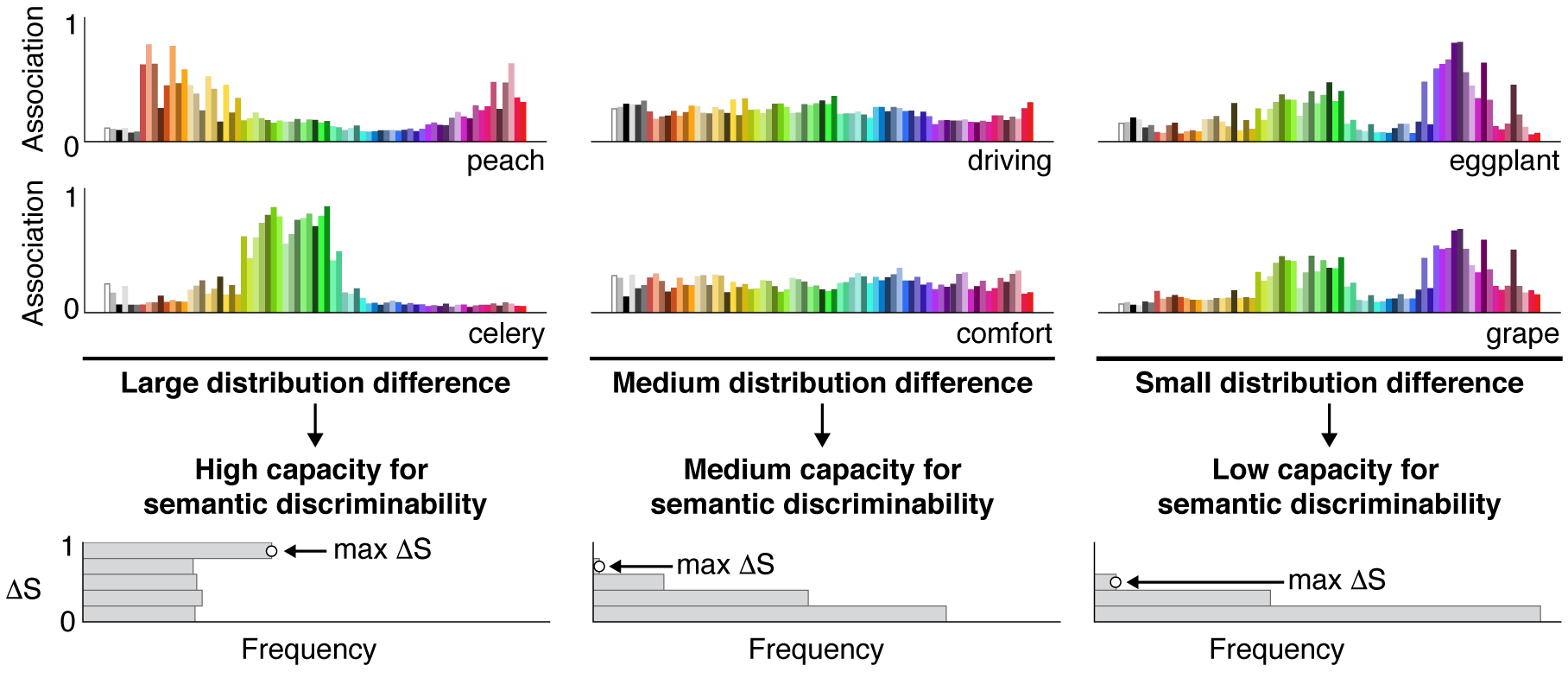 Our paper “Context matters: A theory of semantic discriminability for perceptual encoding systems” received Honorable Mention for best paper at IEEE VIS 20211!
Our paper “Context matters: A theory of semantic discriminability for perceptual encoding systems” received Honorable Mention for best paper at IEEE VIS 20211!
This paper presents semantic discriminability theory, a new theory on constraints for generating semantically discriminable perceptual features for encoding systems that map perceptual features to concepts. We provided evidence supporting two hypotheses that arise from the theory. First, the capacity to create semantically discriminable color palettes for a set of concepts depends on the difference in color-concept association distributions between those concepts, independent of properties of the concepts alone. Second, people can accurately interpret mappings between colors and concepts for concepts previously considered “non-colorable,” to the extent that the colors are semantically discriminable. Although we focused on color in this study, the theory has potential to extend to other types of visual features (e.g., shape, orientation, visual texture) and features in other perceptual modalities (e.g., sound, odor, touch).
Reference: Mukherjee, K., Yin, B., Sherman, B. E., Lessard, L. & Schloss, K. B. Context matters: A theory of semantic discriminability for perceptual encoding systems. IEEE Transactions on Visualization and Computer Graphics. PDF
 Kushin Mukherjee was awarded a Kenzi Valentyn Vision Research Grant from the McPherson Eye Research Institute at the University of Wisconsin-Madison.
Kushin Mukherjee was awarded a Kenzi Valentyn Vision Research Grant from the McPherson Eye Research Institute at the University of Wisconsin-Madison.
His project is on understanding how visual communication shapes the structure of visual concept representations. Congrats Kushin!
We are excited to announce two new papers! Mukherjee et al. presents a new theory of semantic discriminability for visual communication, and Schloss et al., is our first paper on the UW Virtual Brain Project!

Mukherjee, K., Yin, B., Sherman, B. E., Lessard, L. & Schloss, K. B. Context matters: A theory of semantic discriminability for perceptual encoding systems. IEEE Transactions on Visualization and Computer Graphics. PDF
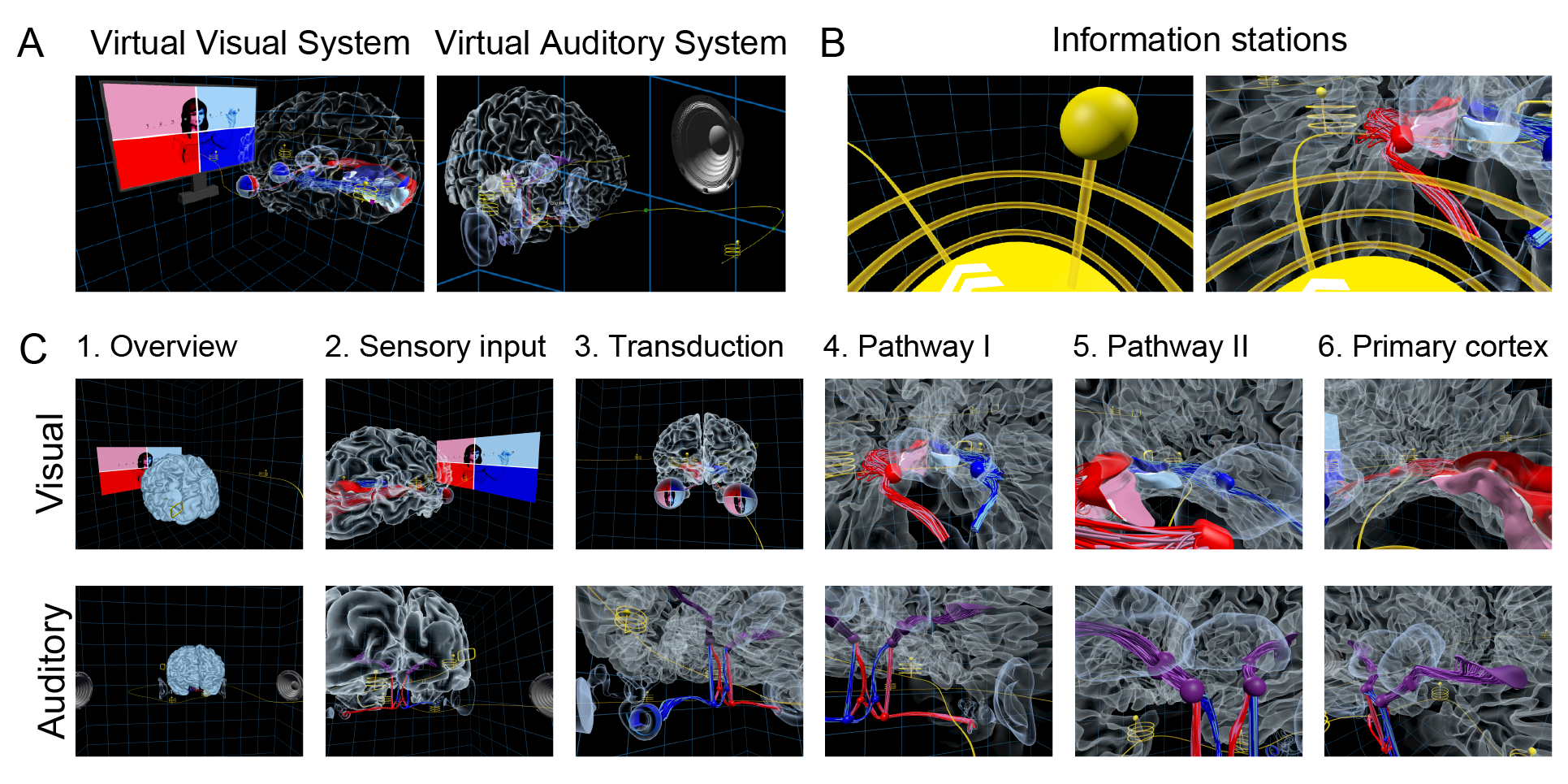
Schloss, K. B., Schoenlein, M. A., Tredinnick, R., Smith, S. Miller, N. Racey, C. Castro, C. Rokers, B. (2021-online). The UW Virtual Brain Project: An immersive approach to teaching functional neuroanatomy. Translational Issues in Psychological Science. PDF